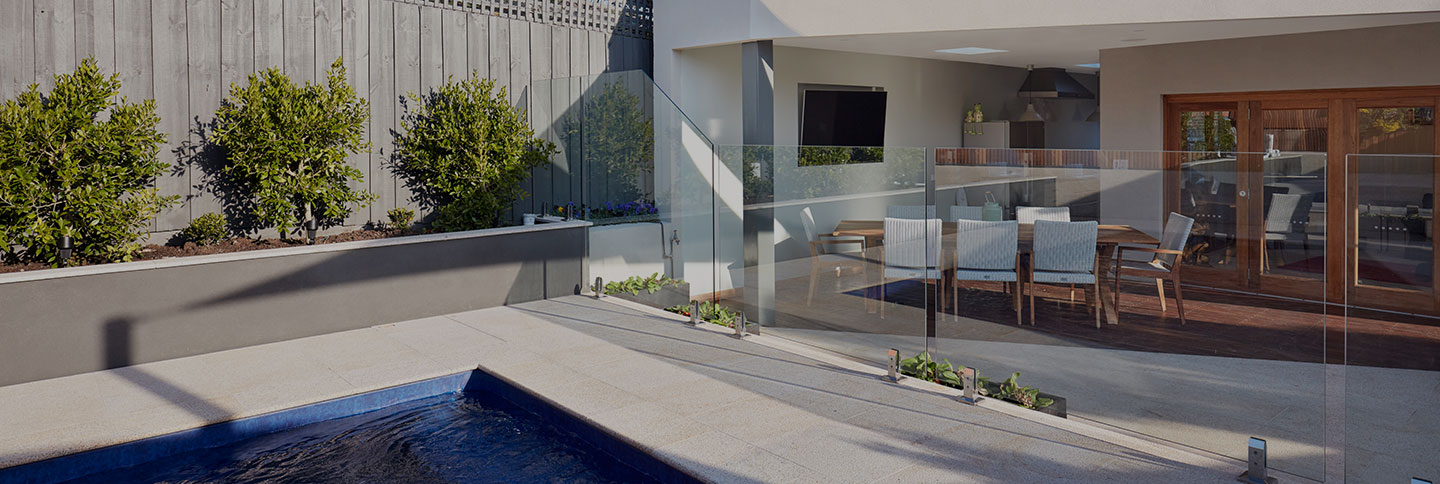In the quest to create our dream homes, extending an existing property often emerges as a compelling alternative to moving. This approach allows for a bespoke living space tailored to our evolving needs and adds significant value to our properties.
At Supa Group, we frequently encounter clients keen on understanding what to look for in a home if they plan to extend it in the future. Whether you want to add more space upstairs or take on a living room upgrade in a ground-floor extension, we can help determine if your house fits your plans.
This blog aims to guide you through the essential pre-purchase considerations to ensure your new home holds the potential for your envisioned house extension.
Understanding home extensions
House extensions can transform your living space, adding the much-needed room, natural light or functionality your home lacks. However, the feasibility of a home extension project heavily depends on the initial property choice. Planning for a future extension begins well before you purchase a home, setting the stage for a seamless expansion down the line.
Home extension factors
Size of block - The foundation for expansion
The property's block size is a critical determinant of extension potential. A larger block with garden space offers more flexibility for rear extensions, adding rooms or expanding living spaces without compromising outdoor areas. When evaluating a property, consider not just the current size but the shape of the block and its orientation. These factors influence the extension's design and integration with outdoor living spaces, ensuring a harmonious blend of indoor and outdoor environments.
Navigating heritage overlays
Heritage overlays can significantly impact your ability to extend. These regulations are implemented to preserve the character of historic homes and neighbourhoods. Before falling in love with a heritage-listed property, understand the specific restrictions that might apply. While rear house extensions are often possible, they require a more sensitive and creative approach to align with your vision and heritage guidelines.
Assessing the existing condition of the house
The current condition of a house is a pivotal factor in planning for a ground-floor or second-storey extension. Structural integrity, layout, and existing architectural features can all influence the complexity of your project and the house extension costs. A thorough professional inspection can reveal hidden issues, clearly showing what to expect and how best to proceed with future renovations.
Local council regulations
Local council laws and building regulations determine what you can and cannot do with your property. These laws vary widely depending on your location and can affect everything from the size of your extension to its height and proximity to property boundaries. Understanding these regulations before purchasing can save you from future headaches and ensure your house extension ideas are achievable.
Future-proofing your purchase
Choosing a home with future ground-floor or double-storey extensions in mind requires a blend of foresight and flexibility. Look for properties that meet your current needs and offer the potential for growth and adaptation. Consulting with extension specialists like Supa Group can provide invaluable insights into a property's possibilities and limitations, helping you make an informed decision that aligns with your long-term goals.




%20(1)-min.jpg)






.jpg)
.jpg)




